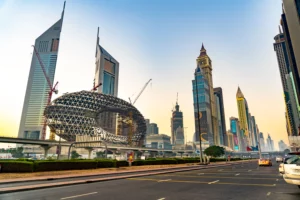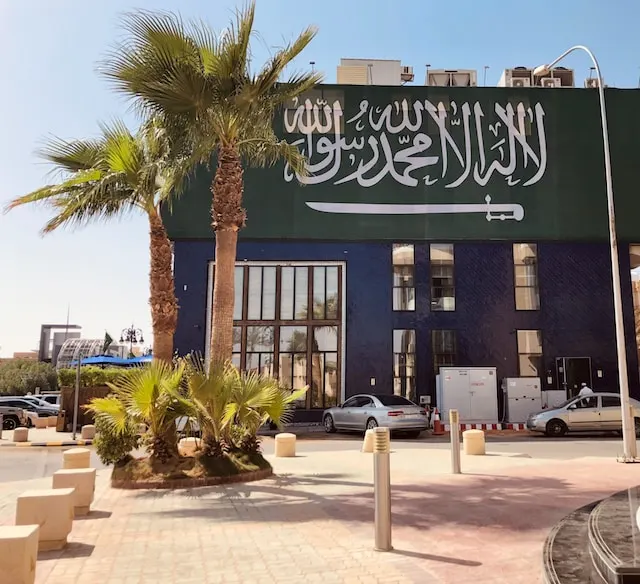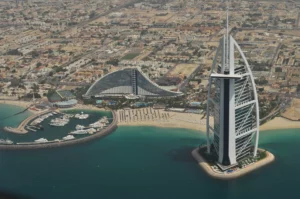
Redefining Power: The New Geopolitical Chessboard in the Middle East
Unveiling the Middle East’s Changing Political Landscape: China’s Rise, US Influence, and Global Implications.

In a significant global financial development, Saudi Arabia is reportedly in talks to join the New Development Bank (NDB) of the BRICS group. The NDB, formed by Brazil, Russia, India, China, and South Africa in 2014, aims to reduce member states’ dependence on the US dollar and euro. Saudi Arabia’s potential inclusion would solidify ties between the world’s second-largest oil producer and the BRICS nations. This move aligns with Saudi Arabia’s efforts to strengthen ties with China and explore alternative financial avenues amidst concerns over Western sanctions on Russia.
The NDB primarily focuses on financing infrastructure and sustainable development projects in member states and other emerging economies. Over time, it expanded its membership to include Bangladesh, the United Arab Emirates, Uruguay, and Egypt. To date, the NDB has provided $33 billion in loans for over 96 projects in the five founding member nations. Admitting Saudi Arabia as its tenth member aims to enhance funding capabilities and diversify the shareholder base.
NDB membership offers Saudi Arabia a chance to strengthen ties with BRICS member states, representing over 40% of the world’s population and nearly a quarter of global GDP. As a pivotal player in the global energy market, Saudi Arabia, by joining the NDB, can deepen economic engagement with influential emerging economies, fostering mutually beneficial partnerships.
Discussions with the NDB align with increased cooperation between Saudi Arabia and China. China’s mediation between Saudi Arabia and Iran in March contributed to regional stability. Saudi Arabia has also fortified energy ties with China, diversifying its customer base. Potential NDB membership enhances the Saudi-Chinese partnership, solidifying economic and geopolitical collaboration.
Concerns about reliance on Moscow, holding a 19% stake in the NDB, have prompted evaluations of funding options. Western sanctions on Russia have raised uncertainties about fund stability. Saudi Arabia’s addition as a financially reliable shareholder could mitigate concerns and diversify the NDB’s capital sources.
The potential admission of Saudi Arabia to the New Development Bank signifies a significant development in global geopolitics and finance. By diminishing reliance on the US dollar and euro, the NDB aims to reshape the global financial order, increasing the influence of emerging economies. For Saudi Arabia, joining the NDB strengthens bonds with BRICS member states, offering opportunities for enhanced economic cooperation. As Saudi Arabia and China deepen their strategic partnership, NDB membership provides a platform to expand engagement with influential emerging economies. Diversifying the NDB’s shareholder base and reducing reliance on Moscow enhances stability and funding capabilities. Ongoing discussions reflect a shifting geopolitical landscape and growing exploration of alternative financial avenues.

Unveiling the Middle East’s Changing Political Landscape: China’s Rise, US Influence, and Global Implications.

Dive into the heart of the global water crisis—where climate change meets geopolitical strife. Discover cutting-edge solutions and international efforts aimed at securing water for all.

Discover the transformative impact of economic diversification on Middle East geopolitics, heralding a future of innovation, stability, and global engagement.